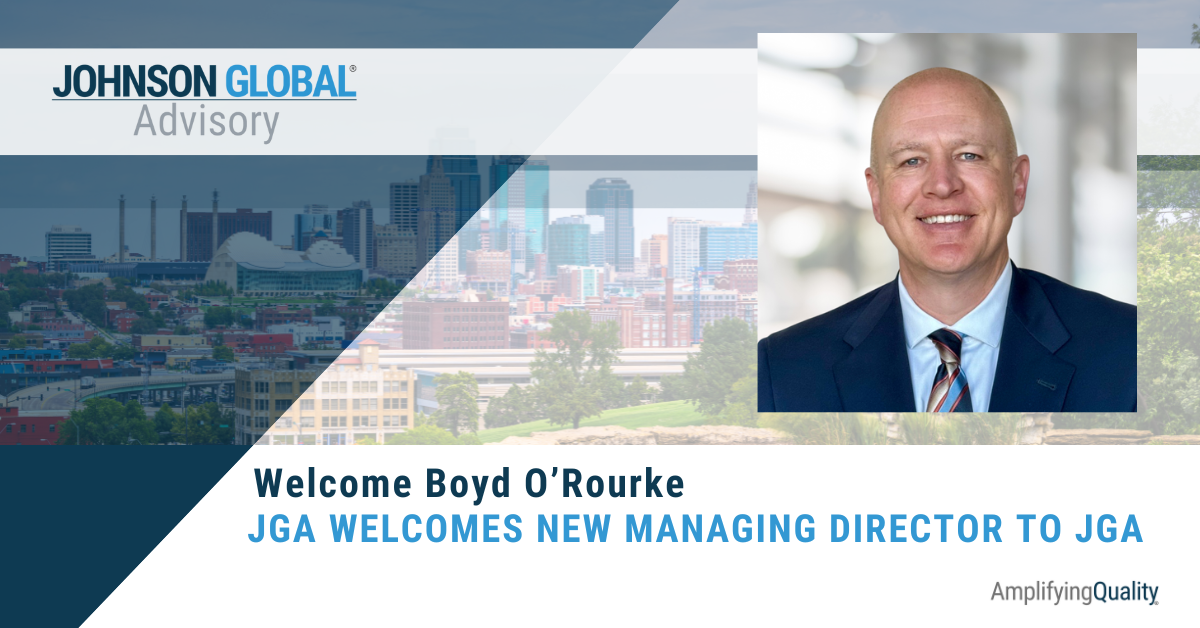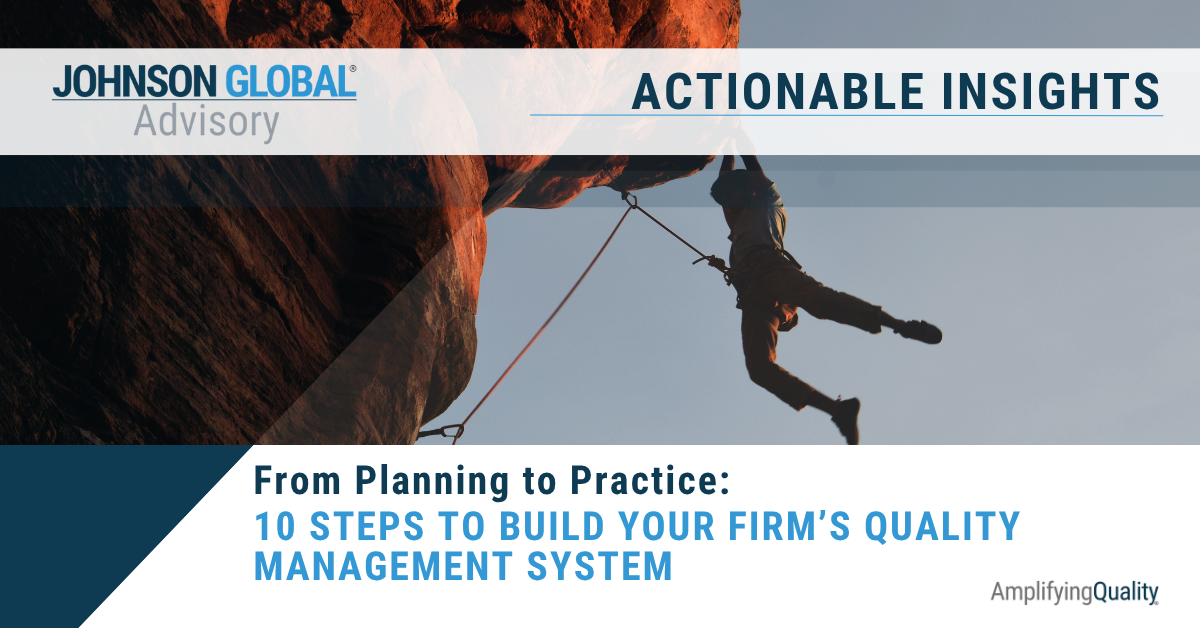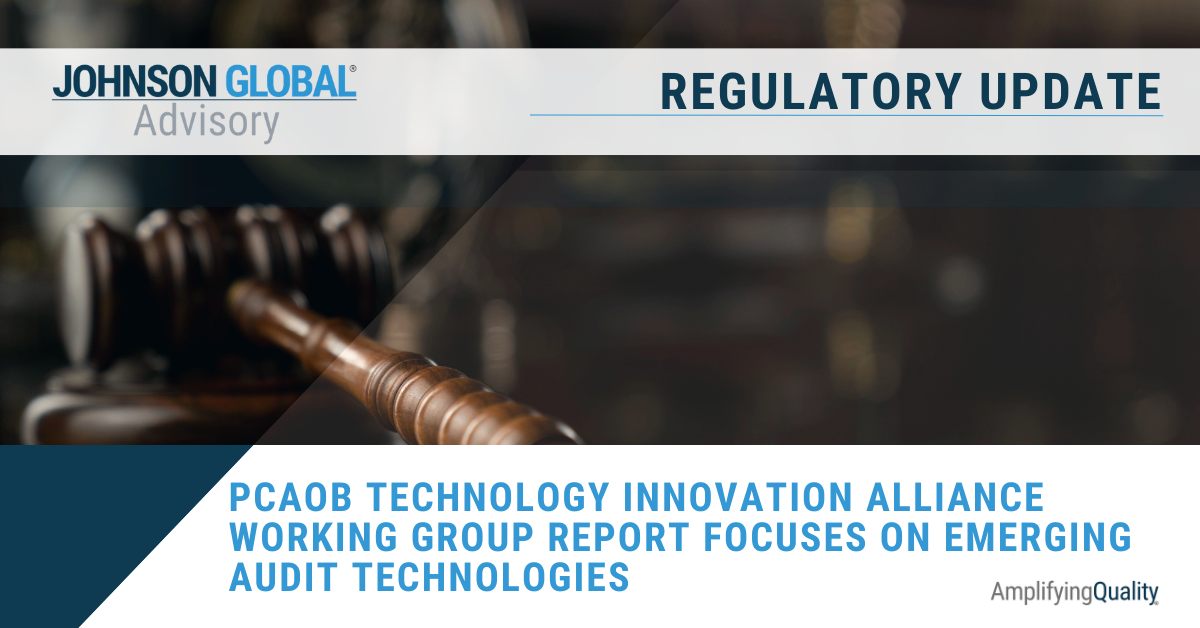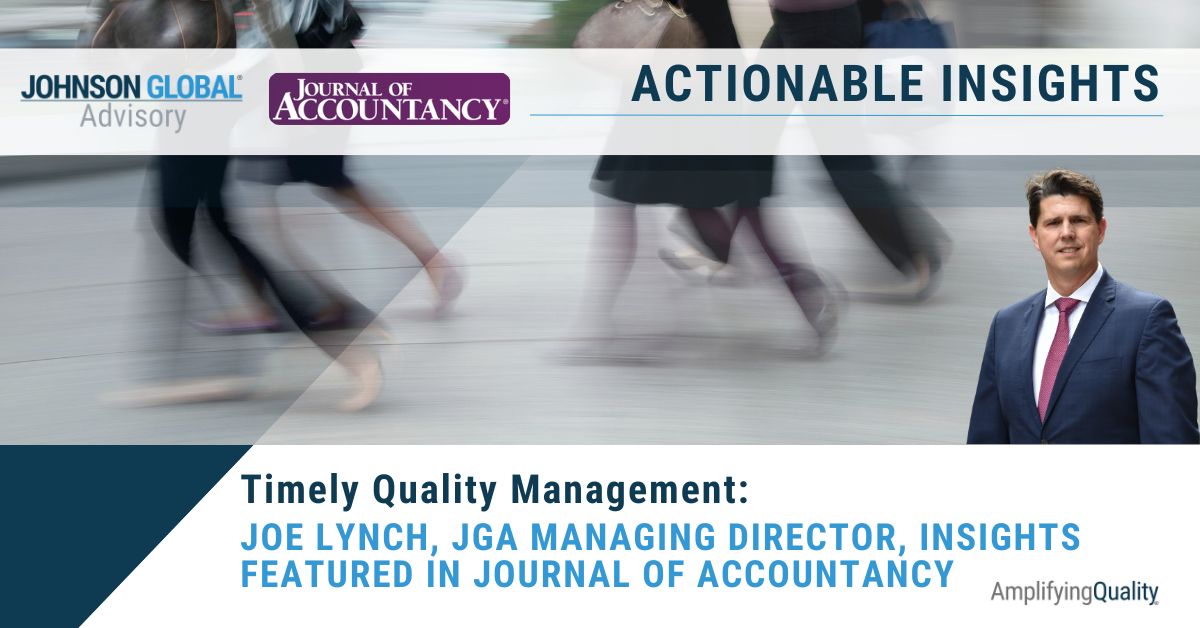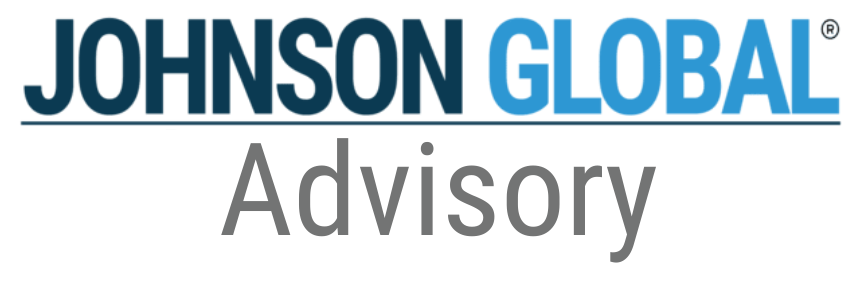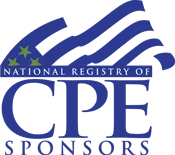The New Normal: Remote Inspections in an Age of Pandemics

No doubt by now, everyone all over the world has had to adjust their daily work-life routine as a result of the coronavirus. While not the first pandemic we’ve encountered, no, this is perhaps the most significant modern pandemic in a globalized economy and it’s changing everyday life. No March Madness, no senior prom, no summer Olympics; 2020 may just be the year that wasn’t. With stay-at-home orders impacting countries around the world, the business environment has had to embrace a digital workplace, including the audit and accounting industry.
While remote work is nothing new, audits for the most part are still very hands-on and in-person. What does it look like to now perform a walkthrough of internal controls if I can’t actually meet with the control owner and “walk through” the control?
As we adapt to this new environment, companies have encountered delays in their ability to close books and provide information to auditors and as a result, the SEC has granted certain filing extensions 1 . Similarly, the PCAOB has granted audit firms a 45-day relief from inspections as a result of the virus crisis 2 .
For the PCAOB, executing inspections is part of its mandate. Currently, the PCAOB intends to fully resume inspections beginning May 11, 2020, but given the current environment, social distancing may be the new norm for an indefinite period of time and as such, the PCAOB will have to adapt its inspection program, likely incorporating more remote inspections.
Our work with clients has included supporting firms and their engagement teams for both in-person inspection and remote inspection settings, and we’ve identified significant differences and observations to help you be prepared for these upcoming changes.
In a remote inspection, the PCAOB inspection team performs the same procedures except everything is done through a conference call. Remote inspections can have certain advantages and many firms prefer not having to host the PCAOB in their conference rooms, but remote inspections present their fair share of challenges as well. Add to that the fact that engagement teams may also be remote and it gets more challenging. Some of these challenges include:
- Developing a Rapport - It may be harder for engagement teams and national office personnel to develop rapport with the PCAOB inspection team. So much communication is non-verbal, especially when developing rapport, which helps keep tensions down and makes inspection meetings more effective and efficient. Without rapport, audit teams can sometimes feel under attack when hearing the PCAOB questions and become defensive, creating catabolic and emotional energy. This complicates communication styles and can create a more adverse inspection process.
- Complex Technical Issues - Engagement teams can find it difficult to thoroughly communicate complex or technical accounting or audit topics. This is especially true when the discussion needs to go beyond what is documented in the workpapers for the inspection team to have a full understanding of the considerations made and procedures performed by the engagement team during the audit (for instance, risk assessment or management review controls). Often, projecting a flowchart or using a whiteboard to visually explain concepts helps to ensure appropriate understanding. However, while technologies allow for sharing screens, it still isn’t the same as having someone physically present and walk through a flowchart or presentation in front of an inspection team.
- Post-Meeting Debriefs - After on-site inspection meetings, engagement teams often stay behind in the conference room to debrief the meeting. While engagement teams can just as easily jump onto another conference call after a remote meeting, engagement teams need to be much more intentional about setting up these debriefs or else they simply don’t happen. Without debriefs, this can make it hard for engagement teams to all be on the same page and ensure a coordinated response to the PCAOB.
- Documentation - Without the ease of “just dropping in” for an impromptu meeting, the PCAOB relies more heavily on the documentation in the audit file and thus it is of utmost importance that the audit workpapers fully and accurately reflect the knowledge and procedures of the audit team. Important considerations to document thoroughly include the source of information, considerations around completeness and accuracy, the detailed understanding of and steps performed by the audit team and the final conclusions reached.
The Increased Importance of Planning and Preparation
None of these challenges are insurmountable and all of them are relevant, regardless of whether the inspection is remote or on-site. In our experience, supporting teams with both on-site and remote PCAOB inspections, preparation is key. Engagement teams should thoroughly review and be familiar with audit workpapers (in advance), rehearse opening meeting presentations, and practice communicating difficult concepts and thought processes so that it flows more naturally when conveying these concepts and processes to the inspection team. Given the loss of much of the non-verbal communication through remote inspections, engagement teams will need to spend extra time to plan and prepare for these inspections with an emphasis on strong communication skills to ensure PCAOB inspection teams fully understand the risks involved and the work performed. A well-documented audit file and a well-prepared engagement team will allow the PCAOB inspection team to conclude fairly based more on the quality of the audit performed and less on the quality of the communication.
While this new digital realm of working from home and video-conference calls may currently be a response to the coronavirus, I would challenge the notion that this is only a temporary shift. When federal, state and local governments finally relax social distancing restrictions and life does go “back to normal,” I believe we’ll see some of these remote working changes carry forward. Could remote everything be the new normal?
1 See SEC Press Release and related order on March 25, 2020: https://www.sec.gov/news/press-release/2020-73
2 See PCAOB news release on March 23, 2020: https://pcaobus.org/News/Releases/Pages/In-Light-of-COVID-19-PCAOB-Provides-Audit-Firms-with-Opportunity-for-Relief-from-Inspections.aspx
About Johnson Global Advisory
Johnson Global partners with leadership of public accounting firms, driving change to achieve the highest level of audit quality. Led by former PCAOB and SEC staff, JGA professionals are passionate and practical in their support to firms in their audit quality journey. We accelerate the opportunities to improve quality through policies, practices, and controls throughout the firm. This innovative approach harnesses technology to transform audit quality. Our team is designed to maintain a close pulse on regulatory environments around the world and incorporate solutions which navigate those standards. JGA is committed to helping the profession in amplifying quality worldwide.
Visit www.johnson-global.com to learn more about Johnson Global.

Joe Lynch, JGA Shareholder, to Provide Insights on Changes to Engagement Quality Review Requirements



